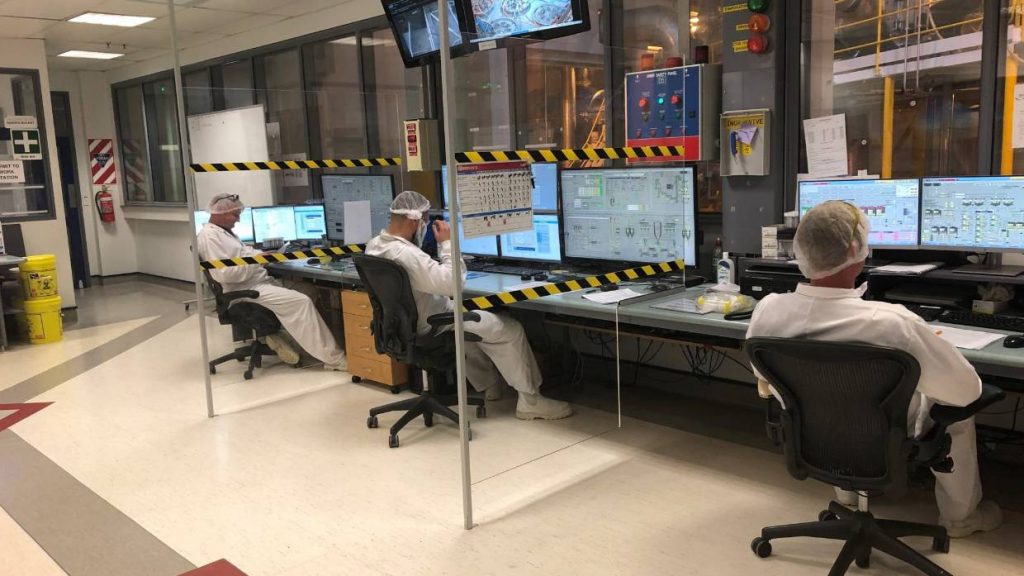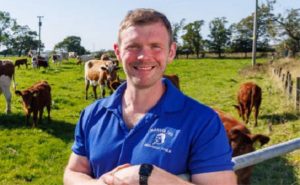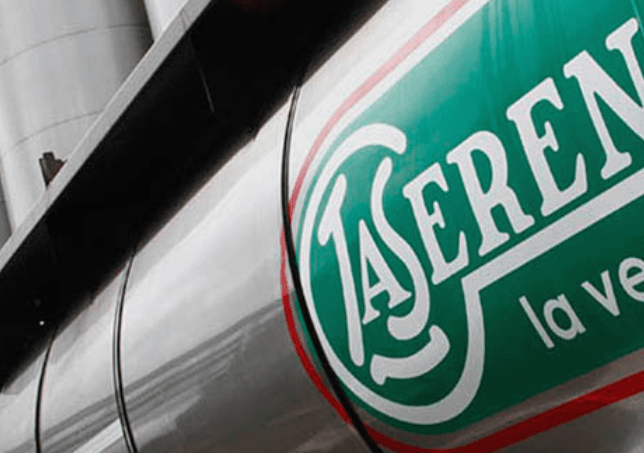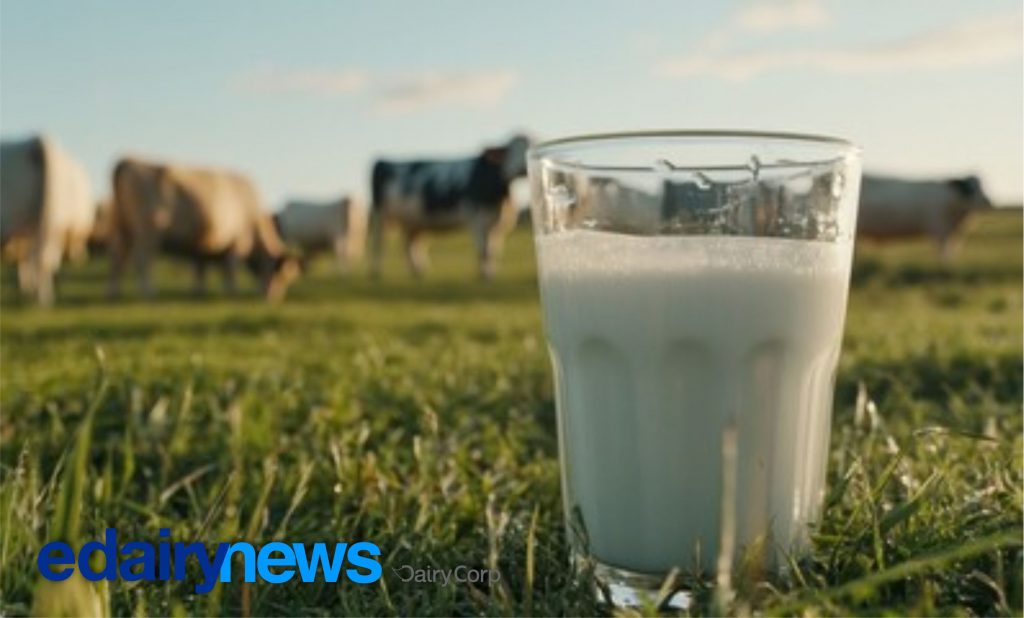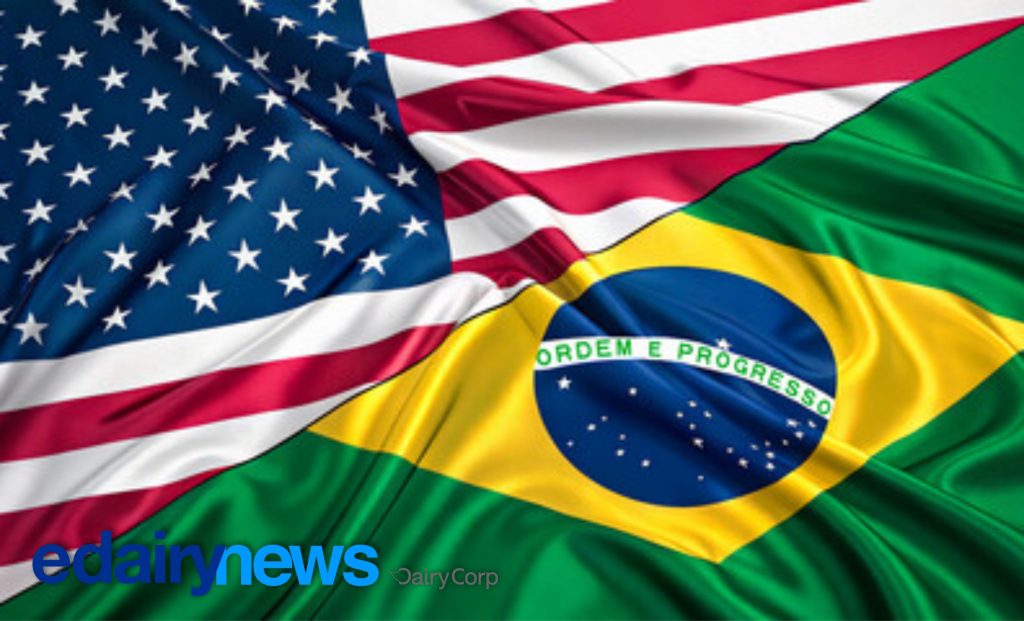The company’s upper North Island general manager Warren Baddeley said even if the country moved down to level 1 or zero, manufacturing sites would continue to work at level 2 or higher.
The company is taking extra precaution as the peak of the milking season approaches where in the Waikato, for example, 30 million litres of milk could be processed in one day.
Baddeley said once herds were dried off at the end of the 2020-21 season, next winter, the company hoped there would be a “better global view” of Covid-19.
“Hopefully there will be a vaccine but if there isn’t, we will continue with the protection measures we’ve got in place.”
Baddeley was responsible for 1400 staff and five factories in the west of the Waikato region through to Auckland and on to Northland.
Some of the farmers in his patch were within the Auckland boundary operating under alert alert level 2.
“We do have some in that Warkworth-Auckland area and so what we’ve been planning is to allocate that milk, for the Auckland region, to the company’s Takanini plant where possible.”
Baddeley said most administration and management staff were working from home.
When Auckland returned to level 2, managers would work with their teams to decide who could come back to the office.
There would be no change to the Waikato offices which were already working with reduced numbers.
Manufacturing and distribution sites would continue operating with the extra precautions.
Staff were required to be temperature tested, observe 2m social distancing and wear PPE clothing such as gloves, masks and glasses where needed.
Perspex dividers had been installed where people had to work close to each other.
Some chairs had been removed from cafeterias to ensure social distancing, black and yellow stripes were on floors to keep people separate.
There were sanitation stations and extra cleaning was mandatory.
Staff had to remain in their factory bubbles. No one was allowed to move from site to site, there was no cross-site training, no carpooling.
Staff needed special approval if they had to visit another site, this could be a specialist such as engineers or technicians to work on repairs or upgrades.
Extra security was in place at each site to ensure only essential staff were working at the company’s factories.
Shift workers, sometimes teams of 20 people, could not meet face-to-face, or be transferred into other teams.
Tanker drivers now received their instructions at the beginning of their shifts from the comfort of their cabs, instead of at group meetings.
Baddeley said staff had adapted quickly to working in a Covid-19 world.
“It’s really important we protect our staff, their whanau, our suppliers and our products.
“It has been challenging but we’re very proud of the way they’ve accepted the changes.”
The company had emergency plans in place for a variety of situations but Covid-19 had been a learning experience.
“We had a business continuity plan, for example to deal with computer failure, but like many companies we had to build our response to Covid-19 around guidance from the Government in those early stages.
“The future is a bit of an unknown but we are prepared to maintain the controls we have in place, as we know how critical it is to our economy, for our shareholders, for our suppliers, that we are able to continue.”

